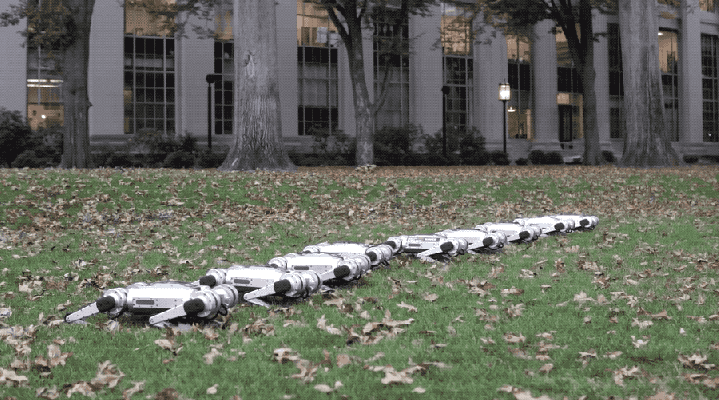Over the past few years, computer scientists have developed increasingly advanced and sophisticated artificial intelligence (AI) tools, which can tackle a wide variety of tasks. This includes generative adversarial networks (GANs), machine-learning models that can learn to generate new data, including text, audio files or images. Some of these models can also be tailored for creative purposes, for instance, to create unique drawings, songs or poems.
Researchers at Tongji University in Shanghai in China and the University of Delaware in the US have recently created a GAN-based model that can generate abstract artworks inspired by Chinese calligraphy. The term Chinese calligraphy refers to the artistic form in which Chinese characters were traditionally written.
“In 2019, we collaborated with a restaurant based in Shanghai to showcase some AI technologies for better customer engagement and experience,” Professor Harry Jiannan Wang, one of the researchers who carried out the study, told TechXplore. “We then had the idea to use AI technologies to generate personalized abstract art based on the dishes customers order and present the artwork to entertain customers while they wait for their meals to be served.”






